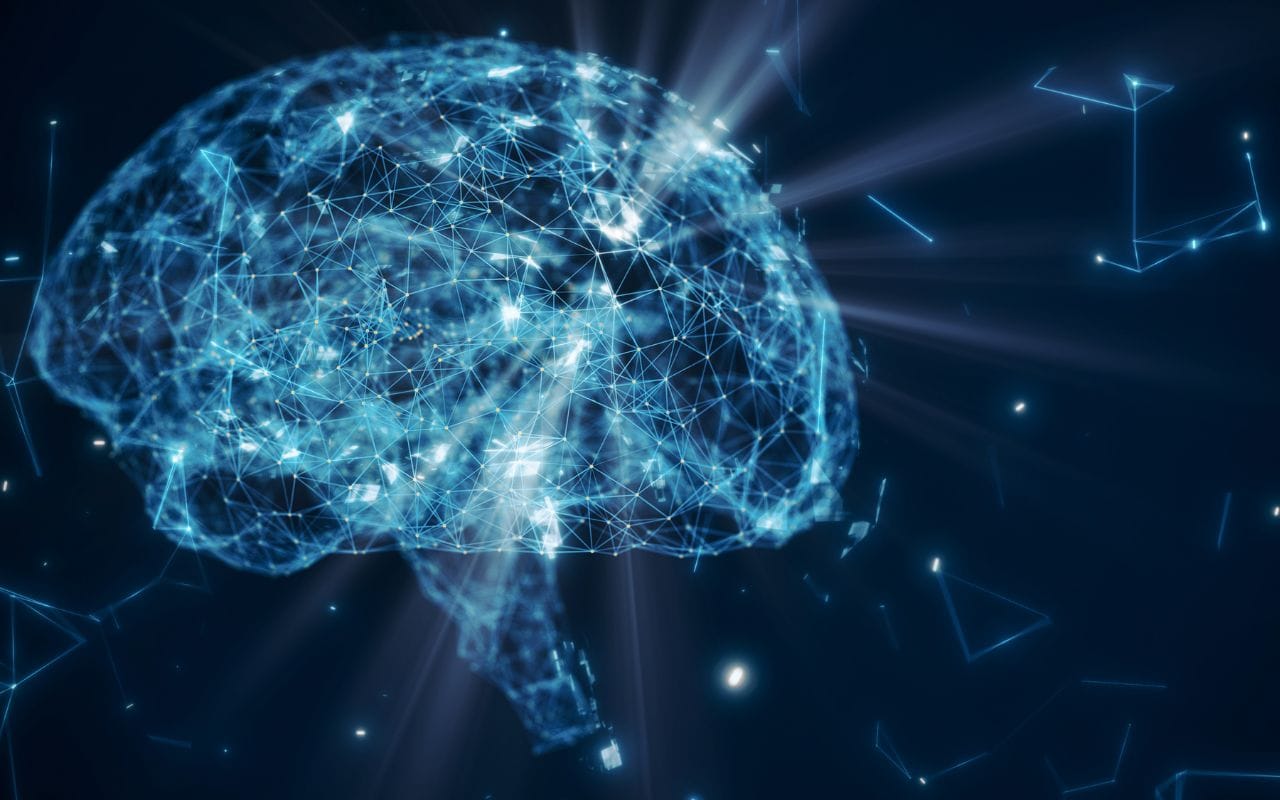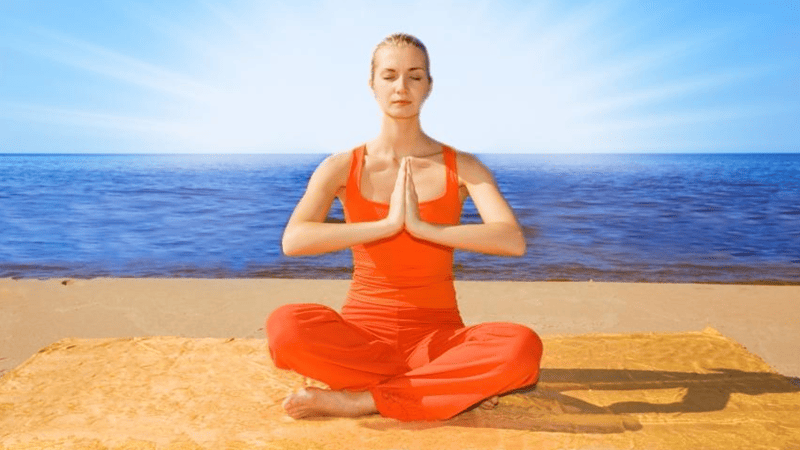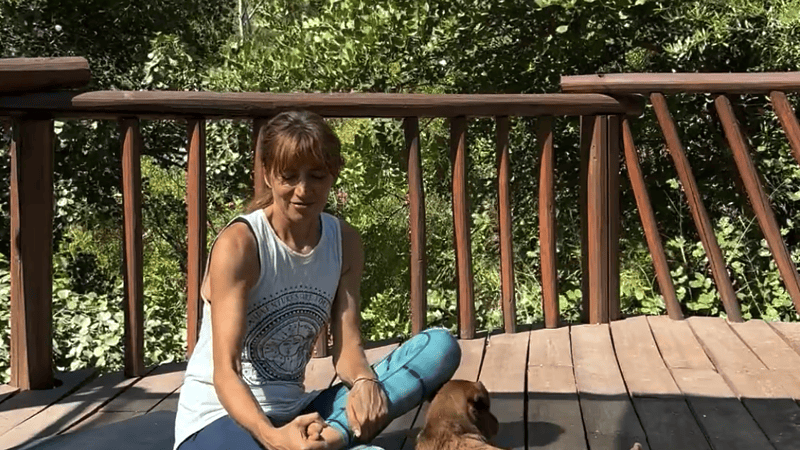
Yoga and neurogenesis
The positive effect yoga can have on neurogenesis. By Evi Dimitriadou
We are never too old to learn a new skill, never too old to learn yoga, to learn a new way to move, to think or even to start meditation.
The 'Five Steps to Wellbeing' promulgated by the World Health Organization and the U.K. National Health Services are also the five factors by which neurogenesis can be increased. These are:
- An enriched environment promoting learning new things
- Physical activity
- Anti-inflammatory and antioxidant diet
- Ways of managing stress
- Connecting with people
Neurogenesis is defined as the formation of new brain cells called neurons.
It is important since it takes place in a part of the brain – the hippocampus – that plays a crucial role in the formation of memory, as well as mood, and in emotional regulation. It is also related to other brain parts such as the amygdala and prefrontal cortex.
It is also very important since new neurons are produced as long as we live, despite the decline in neurogenesis due to aging.
Lack of neurogenesis is highly related to chronic stress, depression, anxiety, epilepsy, sleeping disturbances, and neurological conditions such as Alzheimer’s disease and Parkinson’s disease. Also, cancer treatments negatively affect neurogenesis explaining the brain fog and memory deficits that cancer patients experience even for years after the chemotherapies.
Since the lack of neurogenesis is mostly related to many mental health and neurological disorders, it is very important to know how it can be enhanced.
Yoga may have a positive effect on neurogenesis since it is a mind and body physical activity that promotes mindfulness and also has anti-inflammatory effects by balancing the nervous system and activating the parasympathetic system and more specifically the vagal nerve whose dysfunction is related to autoimmune conditions and mental health conditions.
A yoga practice usually asks the individual to focus the mind on the control of the movement and on the breath, ideally to synchronise the breath with the movement. Even more important and more challenging for the mind, a yoga practice with contralateral movements or even with creative modifications asks the mind to be here, now and awake (but not agitated).
Particularly in yoga therapy, where we develop a personalised practice based on the needs and the goals of the individual or of a group, it is so important to develop a smart practice that enhances new ways to breathe slower and deeper, to move more and to live more mindfully.
So, what are our choices for today? Did we make choices that can enhance our mood and the function of our mind and overall support our mental health?






